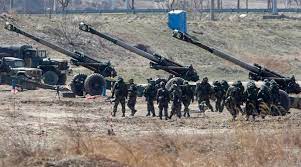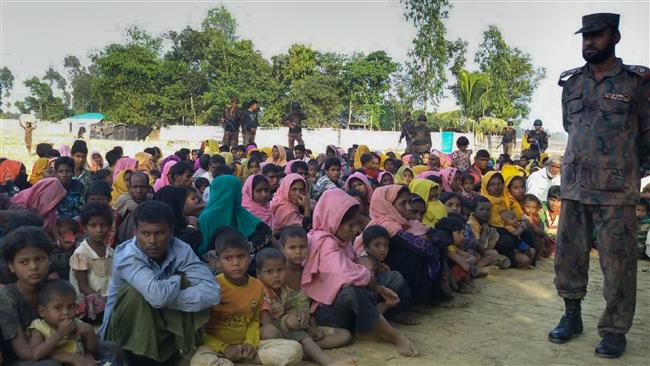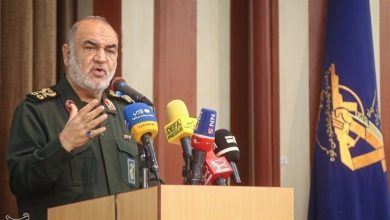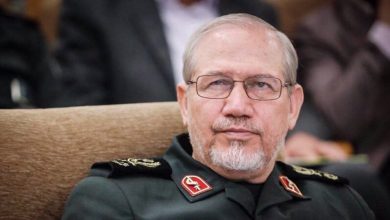North Korea Warns Will Not Overlook ‘Dangerous War Drills’ by US, South

North Korea lashed out at intensified military exercises between the US and South Korea, characterizing them as “warmongers’ madness” and pledging to bolster its nuclear deterrence.
North Korea on Friday accused the two countries of ramping up “nuclear blackmail” and engaging in a rehearsal for invasion, which merits “corresponding response”, state news agency KCNA reported.
South Korea and the US are set to stage drills from May 25 to June 15 as they mark the 70th anniversary of their alliance. The exercises are expected to involve advanced weapons systems, including F-35A stealth fighters, AH-64 Apache attack helicopters, K2 tanks and Chunmoo multiple rocket launchers.
“Their plot to crush us militarily is another clear indication that the enemy warmongers’ madness has reached a point where it cannot be overlooked,” KCNA said.
“The frantic nuclear war fuss among US and puppet warlike bellwethers is bound to trigger corresponding responses,” it added.
US and South Korean forces have been staging a series of military exercises since March, including air and sea drills involving a US aircraft carrier and heavy bombers.
Pyongyang will continue to develop its weapons programs, KCNA said Friday, calling it a “legitimate right of a sovereign state to have more powerful means of self-defense” to fend off “serious situations and prospective threats”.
KCNA defended North Korea’s weapons programs, calling it a “legitimate right of a sovereign state to have more powerful means of self-defense” to fend off
“serious situations and prospective threats”.
The drills, the news agency said, are a “serial and extension of the anti-DPRK war exercises”. DPRK stands for the Democratic People’s Republic of Korea, North Korea’s official name.
The “dangerous war exercises”, it said, will take place “in an area only a few kilometers away from our front”.
Last month, South Korean President Yoon Suk-yeol traveled to Washington for a six-day trip to celebrate his country’s 70th year of bilateral relations with the United States with a request for extended nuclear protection.
One of the main issues on the table was the US commitment to providing “extended deterrence”, or the use of US military assets, including nuclear weapons.
The two sides issued the “Washington Declaration”, charting out measures that would strengthen their alliance.
One key military aspect of the declaration is the US promise to dispatch a nuclear ballistic missile submarine to South Korea for a visit at an undisclosed date, to purportedly deter North Korea and demonstrate Washington’s resolve to defend its ally.
It triggered an outpouring of criticism that the deal resulted in Seoul giving more than it got — and that it could make South Korea’s neighborhood a more dangerous place.




